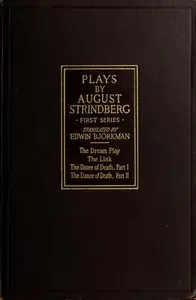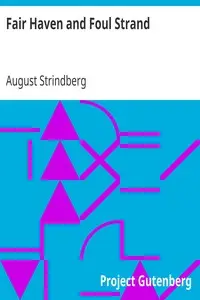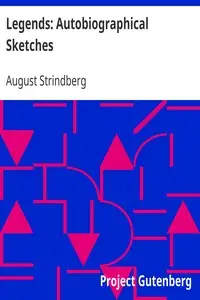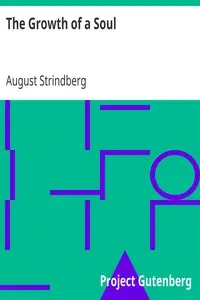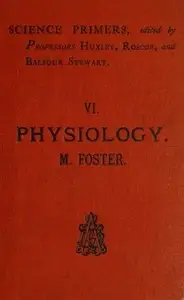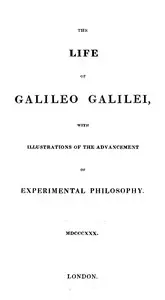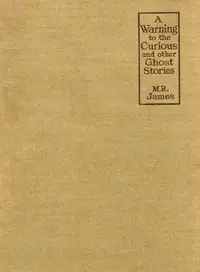"The German Lieutenant and Other Stories" by August Strindberg is a collection of short stories written in the late 19th century. The opening story, titled "The German Lieutenant," focuses on Lieut. Von Bleichroden, a Prussian officer during the Franco-Prussian War, who wrestles with the moral complexities of warfare and the toll it takes on his conscience. The collection delves into themes of duty, individual morality versus societal expectations, and the psychological impact of war. At the start of the first story, readers are introduced to Von Bleichroden, who is stationed in a quaint café in France shortly after the Battle of Sedan. As he writes a letter to his wife expressing his homesickness and anxieties about impending warfare, his internal conflict becomes clear. He contemplates the brutal realities of guerra, including the execution of three captured French "franc-tireurs." The tension builds as he interacts with the local curé, who implores him to show mercy, forcing the lieutenant to confront the duality of his role as a soldier and a man struggling with the weight of his decisions. This opening sets the tone for the exploration of the psyche amidst the chaos of war throughout the collection. (This is an automatically generated summary.)
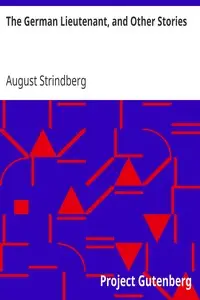
The German Lieutenant, and Other Stories
By August Strindberg
"The German Lieutenant and Other Stories" by August Strindberg is a collection of short stories written in the late 19th century. The opening story, t...
Johan August Strindberg was a Swedish playwright, novelist, poet, essayist, and painter. A prolific writer who often drew directly on his personal experience, Strindberg wrote more than 60 plays and more than 30 works of fiction, autobiography, history, cultural analysis, and politics during his career, which spanned four decades. A bold experimenter and iconoclast throughout his life, he explored a wide range of dramatic methods and purposes, from naturalistic tragedy, monodrama, and historical plays to his anticipations of expressionist and surrealist dramatic techniques. From his earliest work, Strindberg developed innovative forms of dramatic action, language, and visual composition. He is considered the "father" of modern Swedish literature and his The Red Room (1879) has frequently been described as the first modern Swedish novel. In Sweden, Strindberg is known as an essayist, painter, poet, and especially novelist and playwright, but in other countries he is known mostly as a playwright.

